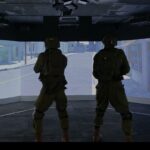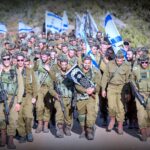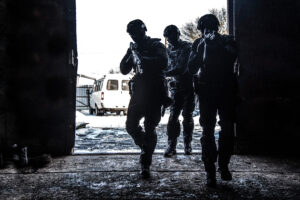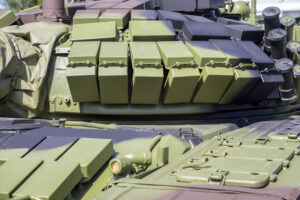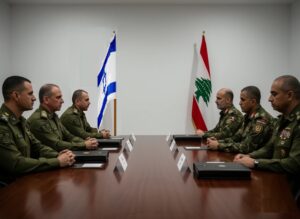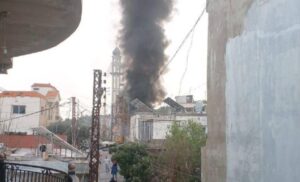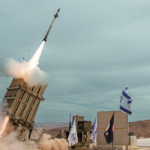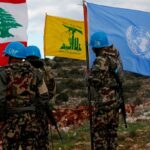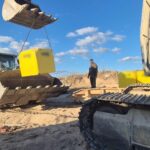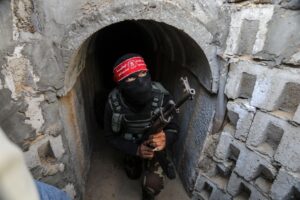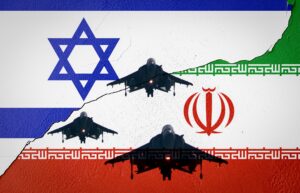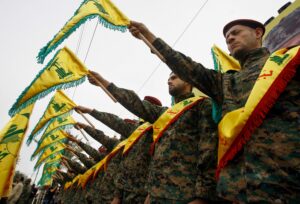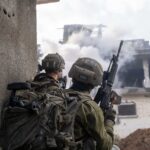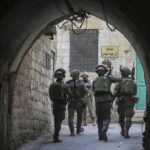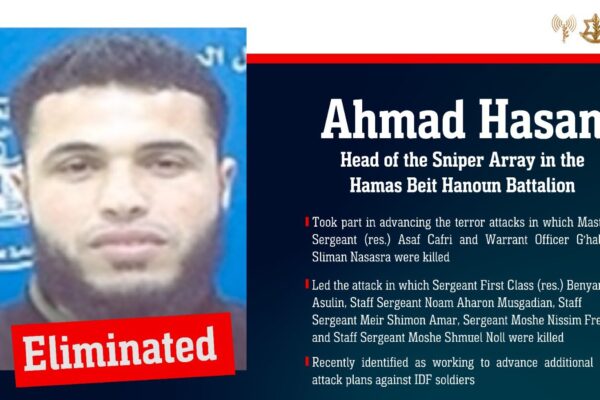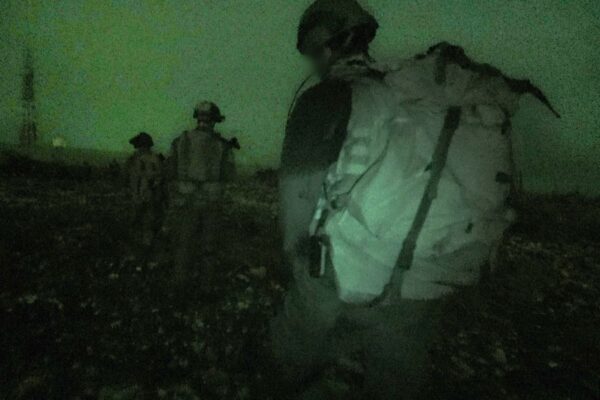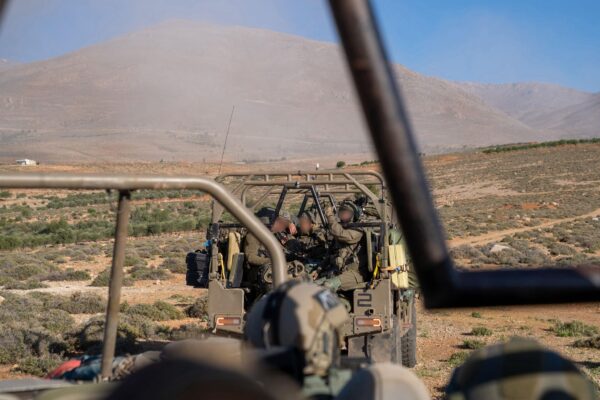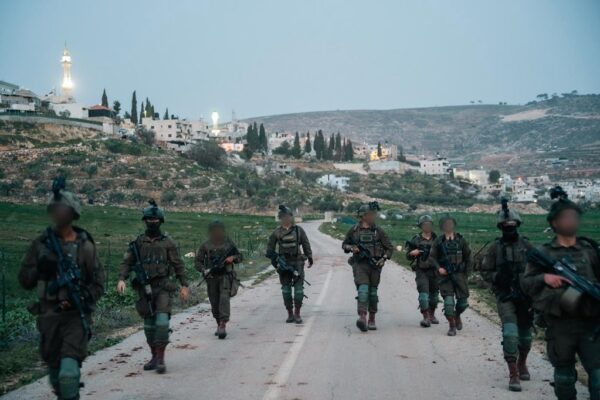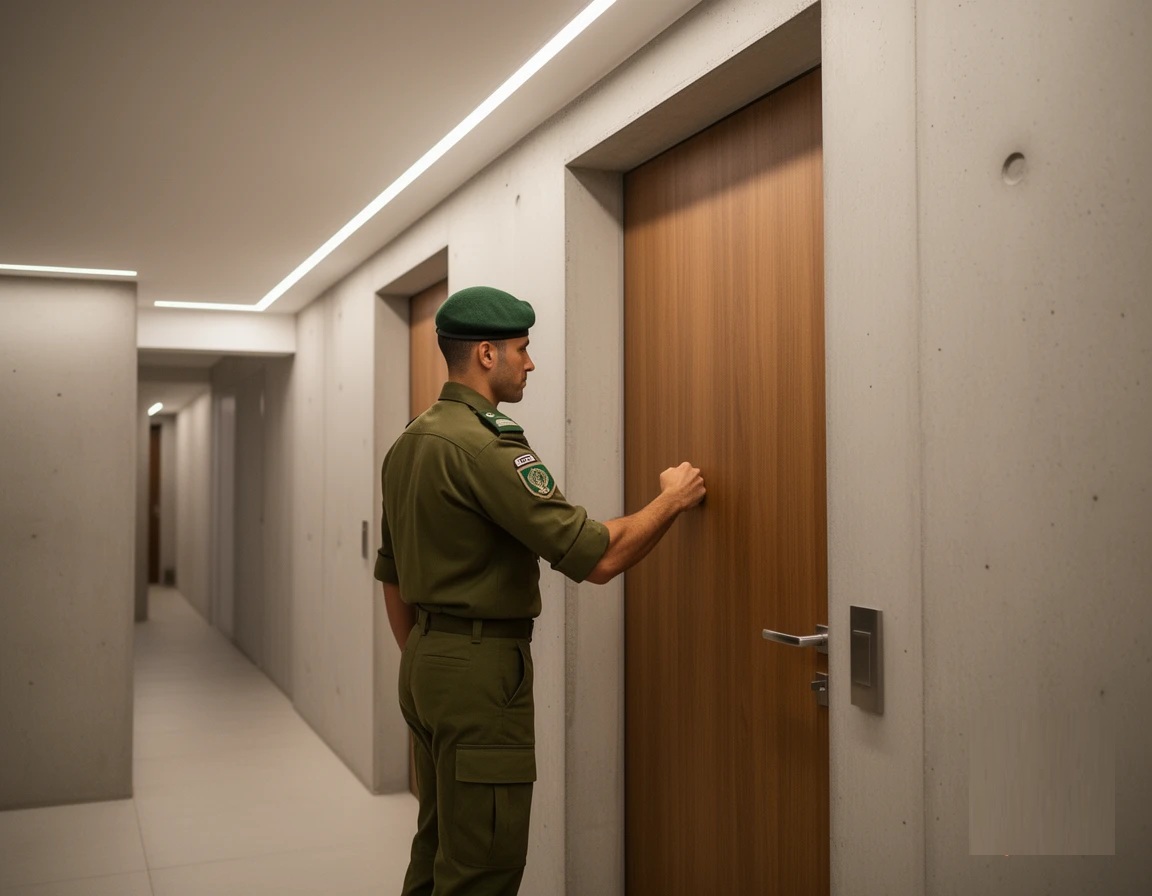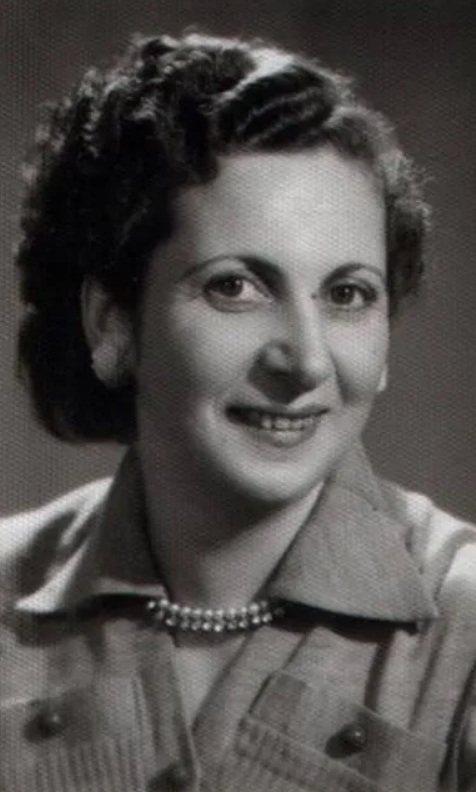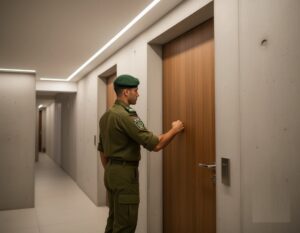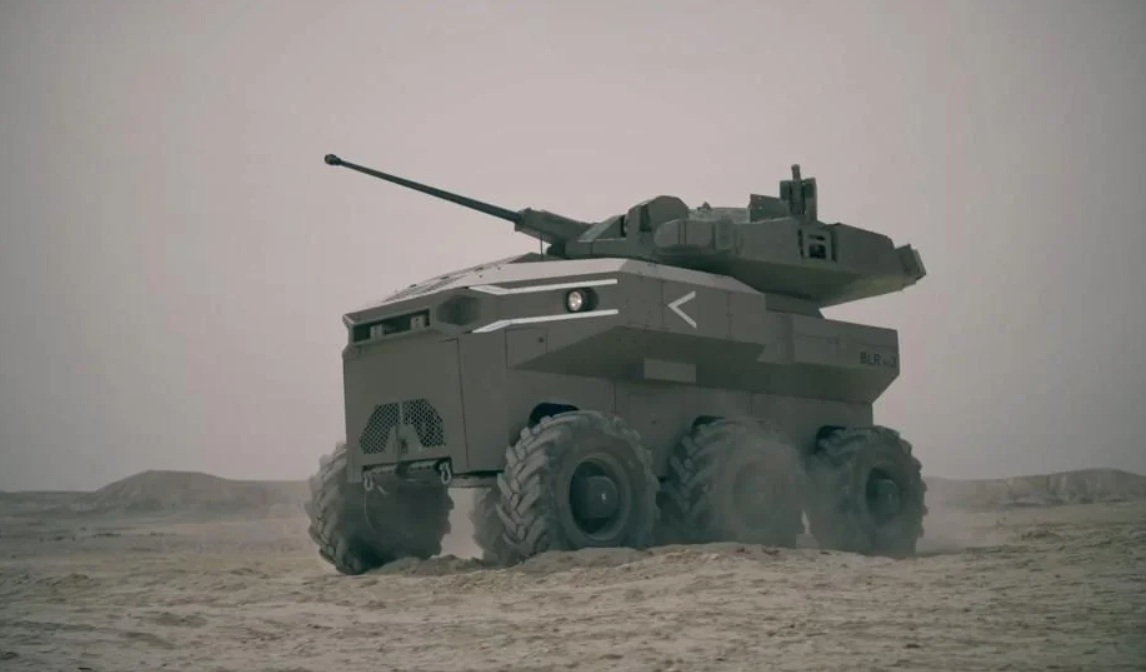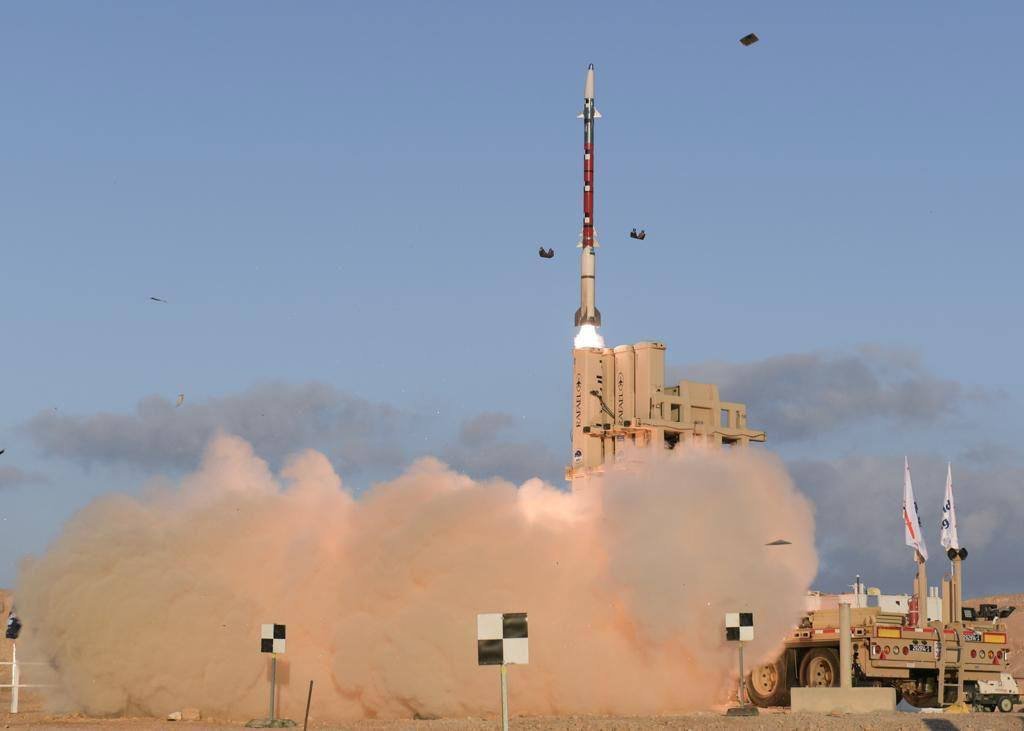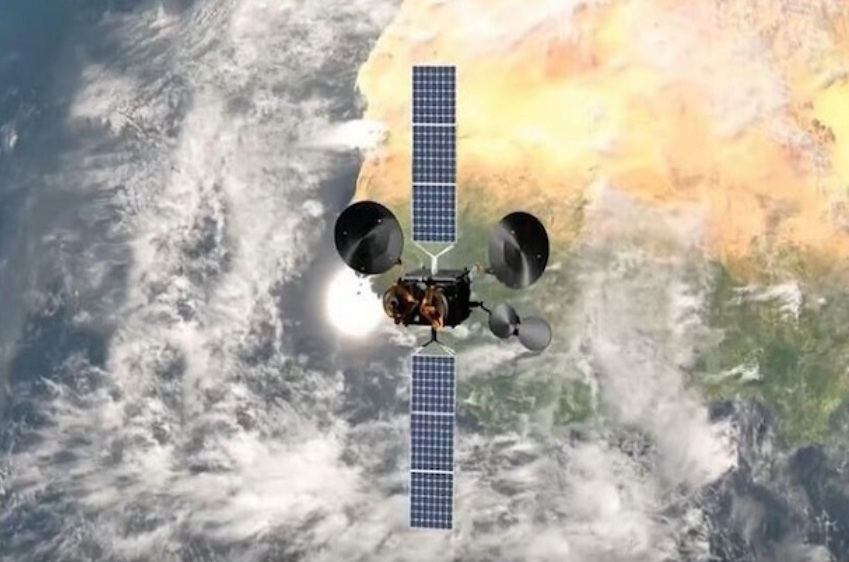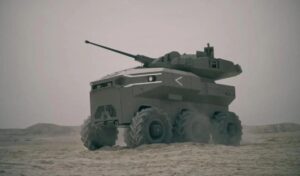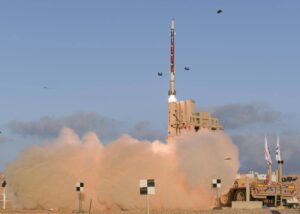To date, the operations in northern Judea and Samaria have eliminated well over 100 terrorists, detained another 300, confiscated 450 weapons and uncovered hundreds of explosives.
By Tziona Gerson, JNS
In the last weeks of May, the Israel Defense Forces seized $2 million that had been funneled by Iran and Turkey to terrorist cells in Judea and Samaria. The funds were confiscated from currency exchange businesses operating in the region.
Since Jan. 21, the army has been ramping up military activity in Judea and Samaria in an effort dubbed “Operation Iron Wall,” aimed at eradicating terrorist cells in the region.
While “Iron Wall” initially began as a crackdown in Jenin, it quickly expanded to include Tulkarem and Nur Shams.
In a public statement, Israeli Prime Minister Benjamin Netanyahu said, “In the past year, we have greatly increased our activity … we are entering the terrorist strongholds, clearing entire streets used by terrorists, their homes. We are eliminating terrorists and commanders.”
Judea and Samaria have long been a security issue for Israel due to the terrorist cells that multiply there, among them the Tulkarem Brigade, which declared its independence from the Fatah-aligned Al-Aqsa Martyrs’ Brigades in 2022.
The group celebrated its independence by committing several acts of terrorism, among them the murder of Meir Tamari in a drive-by shooting in 2023, several IED attacks in 2024 and clashes with Israeli forces in and around Tulkarem and Nur Shams over the last several years.
The Tulkarem Brigade was also responsible for planting bus bombs in Bat Yam and Holon that detonated this past February (fortunately, no one was injured). The group is reported to have Iranian backing, making it one more in a long list of Iranian proxies operating within or around Israel.
Before the beginning of “Iron Wall,” Israeli Defense Minister Israel Katz discussed the coalition government’s view on terrorist activity originating in Judea and Samaria.
In a meeting with military commanders on Jan. 8, Katz discussed Iran’s involvement, stating, “Judea and Samaria have become a central arena on the map of threats to Israel, and we are preparing to respond accordingly.
“We see increasing efforts to promote Palestinian terrorism in Judea and Samaria through smuggling of advanced weapons, funding, and guidance from both the Iranian axis and the radical Sunni Islamic axis, which is strengthening its grip on the region.
We will continue to act forcefully against the wave of terror, cripple the perpetrators and those who send them and those who sponsor them, and ensure the security of the settlements and settlers.”
A few days later, he asserted: “We will not allow Judea and Samaria to become Gaza or South Lebanon—anyone who engages in terrorism like in Gaza will be treated like in Gaza. We will work to cut off the arms of the Iranian octopus in the refugee camps in Judea and Samaria.”
Just days after “Operation Iron Wall” began, the Israel Defense Forces, with aid from the Israel Security Agency (Shin Bet) and Border Police, successfully apprehended 60 suspects and eliminated 18 more confirmed terrorists, dismantled over 100 IEDs and disarmed 30 more planted on roads in and around the area.
When detailing the strategic importance of military operations in Judea and Samaria, the head of military coordination in the region explained, “Financing channels through Iran and Hezbollah provide money and facilitate arms smuggling … We have also spotted signs of [Islamic State]. Our presence is aimed at preventing an escalation of the situation.”
Following the Bat Yam bus bombings, which originated from Tulkarm, Israeli officials vowed to crack down on the terrorism that had been brewing in the area for so long.
Last month, the IDF conducted a series of successful operations, among them a drone strike that killed senior terrorist Iyhab Abu Atiyeh on his way to make contact with an operative in Nablus. Additionally, the Ephraim Brigade discovered a massive amount of explosives in a lab operating in Tulkarem.
To date, the operations in northern Judea and Samaria have eliminated well over 100 terrorists, detained another 300, confiscated 450 weapons and uncovered hundreds of explosives.
While the recent counter-terrorism operations may have positive effects on the situation in Judea and Samaria, it is unclear if these improvements will have a lasting impact.
This is not the first time Israel has upped the intensity of its military action in Judea and Samaria, Maurice Hirsch, director of the Initiative for Palestinian Authority Accountability and Reform in the Jerusalem Center for Security and Foreign Affairs, told JNS in an interview.
Since the Oslo Accords, Israel has gone through periods of greater and lesser involvement in the region, Hirsch explained. “In 2020, there was a concerted effort to see the P.A. really take control of the security forces and actively fight terrorism,” he said.
“The IDF stopped operating inside the bigger towns in Samaria, and it gave rise to massive groups of terrorists … enjoying the fact that the IDF wasn’t really operating there,” he added.
Just a few years later, in 2023, Israel began to reassert control, as the failure of the P.A. to combat terrorism necessitated Israeli intervention.
Hirsch told JNS that the Hamas-led Oct. 7, 2023 massacre was a further wake-up call for Israelis, showing them the cost of complacency and the repercussions for attempting to coexist with terrorists.
This was reflected not just in Gaza but also in Judea and Samaria, he said, spurring the current administrative push to root out terrorism in the latter.
“At the moment, Israel is trying to do what it has always done, and that is to kill or arrest the terrorists. Kill if they have no other alternative, arrest if they can,” said Hirsch.
He goes on to explain that while IDF operations are important for security, they fail to address the crux of the issue in Judea and Samaria.
“You have this constant revolving door, of the terrorists going in and out of prison,” he told JNS.
Additionally, “Israel has done very little to effectively deal with Pay-for-Slay,” he continued, referencing the P.A.’s practice of paying stipends to those imprisoned in Israel for committing terrorist attacks.
“We passed the Freeze Law in 2018, which penalizes the P.A. to a certain extent for those payments, but they haven’t stopped paying, and terrorists are still getting rich,” said Hirsch.
“Sixty-five percent of the P.A.’s budget comes from Israel, so out of every 100 shekels that a terrorist receives from the P.A., Israel donated sixty-five,” he added.
This, in Hirsch’s view, is the main issue; If terrorists get paid a salary for committing acts of terror, and win social standing in their communities, at the nominal price of being kept in Israeli prison for a few years before being released, it is natural that fighting terrorism has morphed into a herculean battle with the hydra.
It is not enough for Israel to continue in the same vein of targeted strikes on terrorist cells, he asserted, since the problem is the strong incentive to commit violence, coupled with a population indoctrinated by the P.A. into deep, anti-Israeli sentiment.
Hirsch goes on to discuss alternative means by which Israel can approach the issue of Judea and Samaria.
“Do we allow terrorist cells to continue growing, or do we get to a situation where we say to the P.A. you’ve failed, and we have to dismantle the P.A.,” he said.
“I think it is a very fine line that Israel has been trying to walk for a very long time. This duality of saying that in Gaza there will be no more P.A., but in Judea and Samaria, at the moment, we will continue working with them.”
An alternative to an abrupt dismantling of the P.A., continued Hirsch, is to restructure the legal procedure with regard to handling terrorists, so that young Palestinians who throw stones are deterred from becoming men who plant bus bombs.
While Israeli law allows for a maximum sentence of 20 years for stone throwing, the usual sentence given is about six months, which does not sufficiently deter Palestinians from diversifying into more ambitious forms of terror, said Hirsch.
He concluded by saying that going after terrorists’ paychecks and making prisons less hospitable are both means by which to make terrorism not a financially pragmatic decision. “When you’re going to a holiday camp where you get paid, why not [commit terror]?” he said.
While Hirsch describes the P.A. as a main instigator of terror in Judea and Samaria, former top U.S. diplomat in Riyadh and current lecturer on Middle Eastern and Islamic Studies at Jerusalem’s Shalem College Robert Silverman echoed the sentiments expressed by Minister Katz when he described the threats Israel faces in Judea and Samaria.
“The main threat is that Iran smuggles weapons across the Jordan River from Jordan into Judea and Samaria,” he said, characterizing Iran as the main backer of terrorism in the region.
“We can’t be complacent because Iran is not giving up and so the [counter-terrorism work] needs to be continued,” he added.
While Hirsch describes all of the long-standing issues with the P.A.’s management in Judea and Samaria, Silverman brings some hope to the situation, saying that “inside the West Bank, I think the positive news is … the Palestinian security forces are going through some reforms right now…
“They have an interest in not allowing their rivals, which are Hamas and Islamic Jihad, to win. So, they may not be extremely pro-Israel, but they certainly share with Israel some common enemies.”




